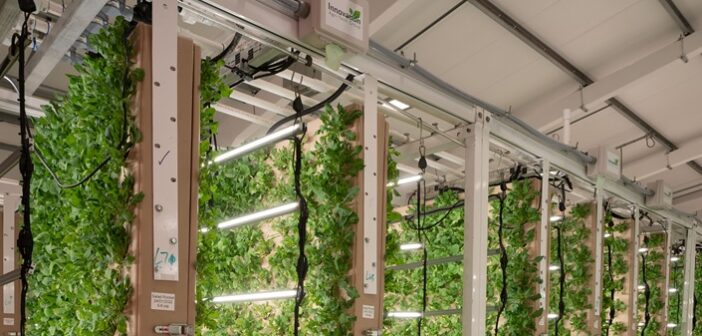The UK Agri-Tech Centre has welcomed the UK Government’s recognition of agri-tech as a priority Advanced Manufacturing ‘frontier’ industry, in its Industrial Strategy, as well as its role to deliver on ambitions for growth, to boost productivity, build climate resistance and reduce emissions from agriculture.
Published on Monday 23 June, it identifies high potential industries – including agri-tech – that develop and commercialise strategically important technologies, and describes how the Government will support their successful development.
It outlines eight priority industries, including Advanced Manufacturing, incorporating agri-tech. Another one of the eight frontier sectors is Digital & Technology, including Engineering Biology, of which precision-breeding is part, and for which secondary legislation was passed in the House of Commons on 13 May 2025.
The Strategy has a ten-year scope and is committed to the promotion of free and fair trade via strong international partnerships, and to reducing regulatory burdens to speed up the development of innovation, including via the Regulatory Innovation Office.
It also recognises the importance of UK-wide expertise and clusters, and commits to support a nationwide approach to targeting those areas across the UK that support the sectors included in the Industrial Strategy.
In addition to the Strategy’s publication, Defra has confirmed its commitment to continue to invest £200 million in the Farming Innovation Programme up to 2030 to help unlock the sector’s potential.
The UK Agri-Tech Centre’s CEO, Hannah Senior said: “We welcome the UK Government’s recognition of agri-tech as a frontier industry to deliver on ambitions for growth, to boost productivity, build climate resilience and reduce emissions from agriculture.
“We also welcome the Strategy’s ten-year scope: agri-tech requires forward thinking on behalf of innovators and investors, but there are long-term dividends for the economy and society from its successful creation and deployment.
“Finally, we welcome Defra’s commitment on the back of the Strategy’s publication to allocate £200 million in FIP up to 2030 to support the homegrown adoption of technology that can make a real difference on farms in England and Wales, supporting productivity and resilience in the agricultural sector and the agri-tech companies whose products can enable this.”




